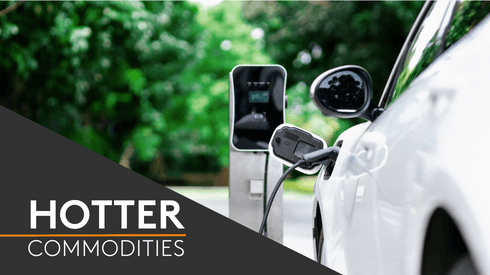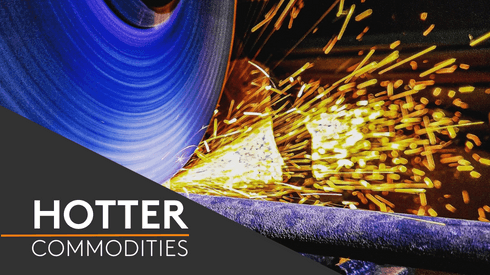This has important implications for companies looking to develop projects in the country’s salt brines and ends a year-long wait for details on how Chile plans to implement its national lithium policy.
It is the latest step in a delicate balancing act for Chile’s government, which aims to expand state control over the production of the critical mineral used in batteries for electric vehicles while attracting private investment in the sector.
Projects in strategic areas will now be required to partner with state-owned companies such as major copper producer Codelco, which will have a 50% plus one share of the joint venture. The minority owner will be the operator of the project, however.
Get notified when Andrea Hotter publishes new articles and interviews on the natural resources sector. Receive the latest stories straight to your inbox.
The Strategic Council of the Lithium and Salt Flats Committee said on Tuesday, March 26 that a tender process for the 26 salt flats will begin in April, with companies given until July to express interest.
Another five salt flats have been deemed public and therefore do not require partnerships with a state-owned company or agency, while 38 salt flats in total will fall into the protected category, which means they cannot be developed.
The Strategic Council, chaired by Chile’s minister of mining Aurora Williams, has been working to determine the different categories for projects over the past year.
The announcement is also key to reinforcing Codelco’s position as a future national champion in lithium — a market it is relatively new to.
Codelco has created its own subsidiary for lithium within the company, keeping it separate from copper to avoid distraction, chairman Maximo Pacheco previously told Fastmarkets in an interview.
Codelco has already invested in exploration in Maricunga and recently acquired Lithium Power International, which owns the Proyecto Blanco in the same region, slated to come onstream in 2027.
The two companies producing lithium in Chile are Sociedad Química y Minera de Chile (SQM) and US-based Albemarle. Both companies currently hold their leases through Chilean economic development agency CORFO, with SQM’s to run through 2030 and Albemarle’s through 2043.
Codelco has been tasked with negotiating new leases with the companies, but nothing has yet been formally agreed.
Early talks to secure a deal with SQM began last year. But a final agreement — which would have upheld its existing contract to 2030 and then created a joint venture with Codelco as the majority owner until 2060 — has been postponed until May.
The goal of the national strategy is to boost Chile’s lithium production, which is currently expected to rise by 20% to 270,000 tonnes in 2024 from 225,000 tonnes in 2023, according to Fastmarkets’ analyst Jordan Roberts. Low production costs in the country mean producers have been facing less pressure from the recent weakness in lithium prices.
Fastmarkets assessed the price of lithium carbonate 99.5% Li2CO3 min, battery grade, spot price ddp Europe and US at $13.50-15.00 per kg on March 21, up by 2.67% from $13.00-14.75 per kg on March 14, and the price of lithium hydroxide monohydrate LiOH.H2O 56.5% LiOH min, battery grade, spot price ddp Europe and US at $13.00-15.20 per kg on March 21, up by 1.59% from $13.00-14.75 per kg on March 14.
If the strategy is successful, Chile’s government said mined lithium production in the country could double in the next decade, throwing prior expectations out of the window. There are also plans to move further downstream, Fastmarkets understands, with several companies already in talks with partners to develop processing capacity in Chile.
In Hotter Commodities, special correspondent Andrea Hotter covers some of the biggest stories impacting the natural resources sector. Sign up today to receive Andrea’s content as it is published.






